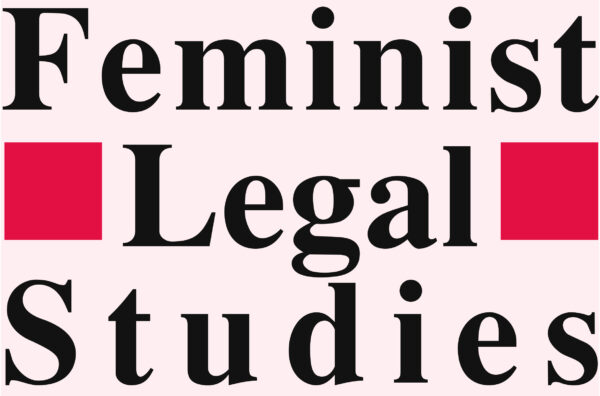The Gender, Sexuality and Law Research Group at Northumbria has a fully-funded PhD opportunity, led by my wonderful colleague Laura Graham. I’m also proposed as part of the supervisory team. The closing date for applications is 29 January 2021 and the start date for the project is 1 October 2021.
About the Project
Project Rationale and Description
Applications are sought for a full-time PhD student at Northumbria Law School, to research a question on the intersection of the sex work, law, and justice.
Mirroring sex worker campaigns (ECP; SCOTPEP; NUM), official consultations (Home Office, 2004, 2006, 2008; APPG, 2014; HASC, 2016), and wider debates, over the last two decades there has been much academic interest in the legal responses to sex work (Scoular and O’Neill, 2007; Graham, 2017; Munro and Della Giusta (eds), 2008). Much of this work in England and Wales has evaluated the current legal response(s) to sex work, how they impact sex workers’ lives, and how the law might be reformed. There is also significant academic and governmental interest in comparative research looking at legal responses in other jurisdictions (Armstrong and Abel (eds), 2020; Levy, 2014).
Interest is sought for a project which develops an original approach to the question of sex work, law and justice. Some themes which could be of interest are, inter alia: human rights; social justice; and redistributive justice. Human rights arguments are increasingly significant in debates and campaigns around sex work and its regulation (Graham, forthcoming; Amnesty International, 2016). Research around social and redistributive justice is also increasingly important, especially with significant crises facing the sex industry, such as the aftermath of COVID-19 and Brexit (Fitzgerald and McGarry (eds), 2018). These suggestions are non-exhaustive, and applicants should indicate clearly the proposed focus of their research.
This research project will be conducted within the Gender, Sexuality, and Law Research Group in the Faculty of Business and Law where you will join a rich and thriving research community. Examples of doctoral work that has been undertaken within this group include: same sex relationships and normative expectations; kink pornography and legal consciousness; equality and anti-discrimination law; international law, detention and sexual orientation and gender identity; and dating apps and HIV disclosure.
Applicants should have a good knowledge of the sex industry and its regulation. The research may have an empirical, doctrinal, socio-legal, or comparative focus (feminist and queer perspectives particularly welcome), but you should clearly articulate your proposed approach and methodology.
Eligibility and How to Apply:
Please note eligibility requirement:
- Academic excellence of the proposed student i.e. 2:1 (or equivalent GPA from non-UK universities [preference for 1st class honours]); or a Masters (preference for Merit or above); or APEL evidence of substantial practitioner achievement.
- Appropriate IELTS score, if required.
- Applicants cannot apply for this funding if currently engaged in Doctoral study at Northumbria or elsewhere.
For further details of how to apply, entry requirements and the application form, see
https://www.northumbria.ac.uk/research/postgraduate-research-degrees/how-to-apply/
Please note: Applications that do not include a research proposal of approximately 1,000 words (not a copy of the advert), or that do not include the advert reference (e.g. RDF21/BL/LAW/GRAHAM) will not be considered.
Deadline for applications: 29 January 2021
Start Date: 1 October 2021
Northumbria University takes pride in, and values, the quality and diversity of our staff. We welcome applications from all members of the community.
For informal enquiries, please contact Laura Graham (laura.n.graham@northumbria.ac.uk)
Funding Notes
The studentship is available to Home students and includes a full stipend, paid for three years at RCUK rates (for 2020/21, this is £15,285 pa) and full tuition fees.
Please note: to be classed as a Home student, candidates must meet the following criteria:
• Be a UK National (meeting residency requirements), or
• have settled status, or
• have pre-settled status (meeting residency requirements), or
• have indefinite leave to remain or enter.
If a candidate does not meet the criteria above, they would be classed as an International student.
References
[1]Laura Graham (2017) ‘Governing sex work through crime: creating the context for violence and exploitation’, The Journal of Criminal Law 81(3) 201-216.
[2]Ashford, C and Maine, A. (eds.) (2020) Research Handbook on Gender, Sexuality and the Law, Edward Elgar.







 Blog readers might be interested in the
Blog readers might be interested in the